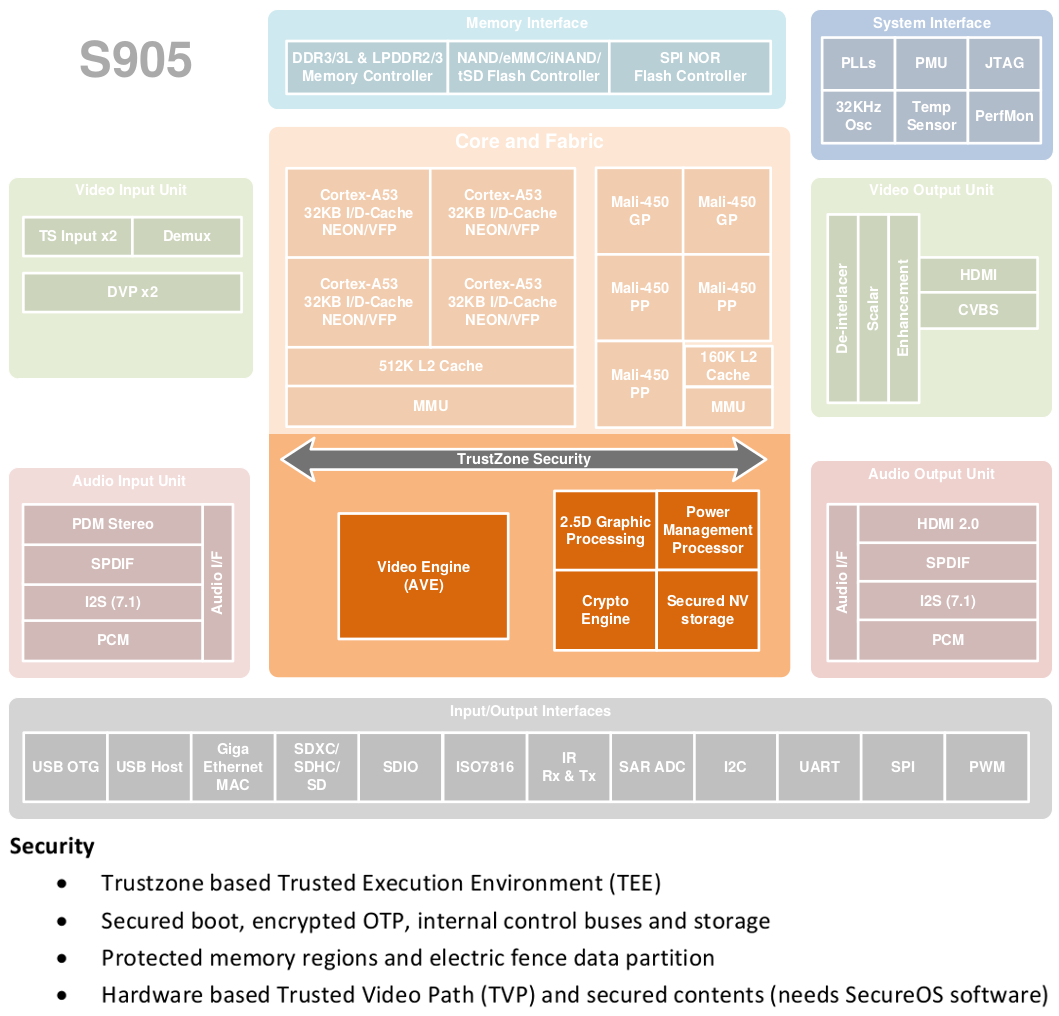SVE-2016-7930: Multiple buffer overflows in Samsung Galaxy bootloader
Posted on Sun 23 July 2017 in Advisory • Tagged with vulnerability, advisory, samsung, cellebrite, bootloader, exploit, firmware, security, usb, arm, odin
Prequel
On October 21st 2015, mobile forensics company Cellebrite published a video that demonstrates how their solution can dump eMMC of Samsung Galaxy devices :
This video strongly suggests that Samsung Galaxy bootloader can be exploited to execute arbitrary code.
Summary
Several bugs in Samsung Galaxy bootloader allow an attacker with …
Continue reading
